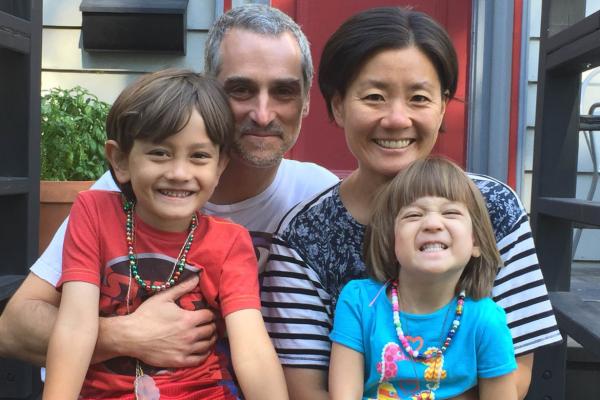Jul 8, 2016
Noah Leavitt and Helen Kiyong Kim’s marriage is one of an increasing number of Jewish-Asian pairings in the U.S., a trend evident in many American synagogues. The two Whitman College professors have just released the first book-length study of Jewish-Asian couples and their offspring.
Though JewAsian is geared toward social scientists, the chapters in which they excerpt and analyze their interviews with 34 Jewish-Asian couples will interest any readers curious about intermarriage in general, and the evolving American-Jewish community in particular.
Read the Full Article

Already a subscriber? Login
